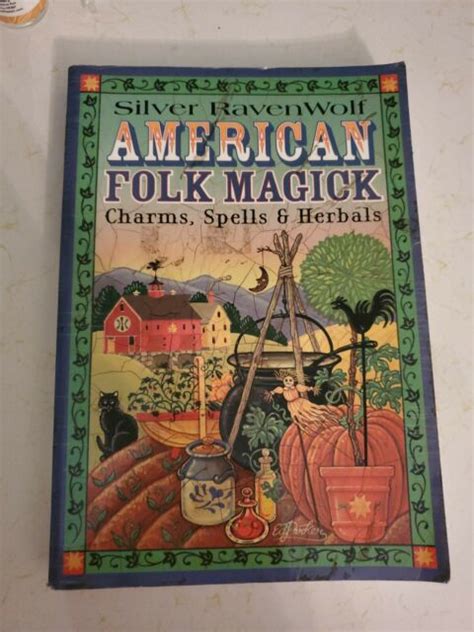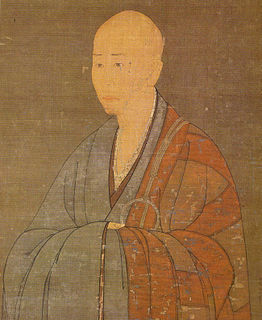A Quote by Jean Vanier
Prayer is like a secret garden made up of silence and rest and inwardness. But there are a thousand and one doors into this garden and we all have to find our own.
Related Quotes
In those sticky summer nights in South London our windows stay open and our tiny apartment becomes our secret garden. The magic of the secret garden is that it exists in our imagination. There are no limits, no borderlines. The secret garden leads to the marigolds of Mogadishu and the magnolias of Kingston and when the heat turns us sticky and sweet and unwilling to be claimed by defeat we own the night. We own our bodies. We own our lives.
Just as an earthly garden needs constant attention, so, too, does our spiritual garden. When we first begin our journey of spirituality our garden is filled with all sorts of interesting items--it was not, after all, a fallow place before we sought to investigate what might be there and what we could possibly put in it. Everyone's spiritual garden is different, because each individual is unique.
Inside every one of us is a garden, and every practitioner has to go back to their garden and take care of it. Maybe in the past, you left in untended for a long time. You should know exactly what is going on in your own garden, and try to put everything in order. Restore the beauty; restore the harmony in your garden. If it is well tended, many people will enjoy your garden.
I find one vast garden spread out all over the universe. All plants, all human beings, all higher mind bodies are about in this garden in various ways, each has his own uniqueness and beauty. Their presence and variety give me great delight. Every one of you adds with his special feature to the glory of the garden.
Obviously a garden is not the wilderness but an assembly of shapes, most of them living, that owes some share of its composition, it’s appearance, to human design and effort, human conventions and convenience, and the human pursuit of that elusive, indefinable harmony that we call beauty. It has a life of its own, an intricate, willful, secret life, as any gardener knows. It is only the humans in it who think of it as a garden. But a garden is a relationship, which is one of the countless reasons why it is never finished.
Let me define a garden as the meeting of raw nature and the human imagination in which both seek the fulfillment of their beauty. Every sign indicates that nature wants us and wishes for collaboration with us, just as we long for nature to be fulfilled in us. If our original state was to live in a garden, as Adam and Eve did, then a garden signals our absolute origins as well as our condition of eternity, while life outside the garden is time and temporality.
Man designs for himself a garden with a hundred kinds of trees, a thousand kinds of flowers, a hundred kinds of fruit and vegetables. Suppose, then, that the gardener of this garden knew no other distinction between edible and inedible, nine-tenths of this garden would be useless to him. He would pull up the most enchanting flowers and hew down the noblest trees and even regard them with a loathing and envious eye. This is what the Steppenwolf does with the thousand flowers of his soul. What does not stand classified as either man or wolf he does not see at all.
The Japanese garden is a very important tool in Japanese architectural design because, not only is a garden traditionally included in any house design, the garden itself also reflects a deeper set of cultural meanings and traditions. Whereas the English garden seeks to make only an aesthetic impression, the Japanese garden is both aesthetic and reflective. The most basic element of any Japanese garden design comes from the realization that every detail has a significant value.








































